Visceral & Neural Manipulation
-
Everything needs to move in order to function...including your organs, nerves, blood vessels, etc! Visceral manipulation is a gentle manual therapy technique that works to restore the mobility and motility of the organ systems and their related structures to improve balance and function.
You may be wondering how our organs loose mobility in the first place and the short answer is inflammation. Anything that we encounter that results in an inflammatory response in the body has the potential to disrupt mobility and create a compensatory pattern of dysfunction within the organ systems. This could be anything from food poisoning to pregnancy to surgery to physical or emotional trauma. Our body’s natural healing response starts with inflammation but if this process is prolonged or disrupted by another insult that is when things get problematic.
“Visceral and neural manipulation encourages the body’s own natural mechanisms to improve the functioning of organs, dissipate the negative effects of stress, enhance mobility of the musculoskeletal system through the connective tissue attachments, and influence general metabolism.” -The Barral Institute
-
Our internal structures are made to glide and slide in relation to one another so that we continue to move well and feel good. When our organs and their surrounding structures don’t move well, we start to experience pain, mobility limitations, and/or dysfunctional physiological processes (poor digestion, bloating, constipation, inability to detox, irregular periods, etc).
“The purpose of VM is to re-create, harmonize, and increase proprioceptive communication in the body to enhance its internal mechanism for better health, thereby revitalizing a person, and relieving symptoms of pain, dysfunction, and poor posture.” -The Barral Institute
-
If any of the below sounds familiar, visceral and neural manipulation is for you.
Orthopedic problems: Chronic neck or back pain, somatic-visceral Interactions, scoliosis, chronic pain, connective tissue disorders, peripheral joint pain, sciatica, sports injuries
Acute disorders: Whiplash, seatbelt injuries, concussion, chest or abdominal injuries
Digestive disorders: Bloating, constipation, nausea, acid reflux, GERD, swallowing dysfunctions
Women’s and Men’s Health issues: Chronic pelvic pain, endometriosis, fibroids and cysts, dysmenorrhea, bladder or bowel incontinence, prostate dysfunction, testicular pain, effects of menopause, postpartum/post cesarean section
Other: Hernia, post-surgical pain, post-infection, sleep challenges, chronic fatigue
